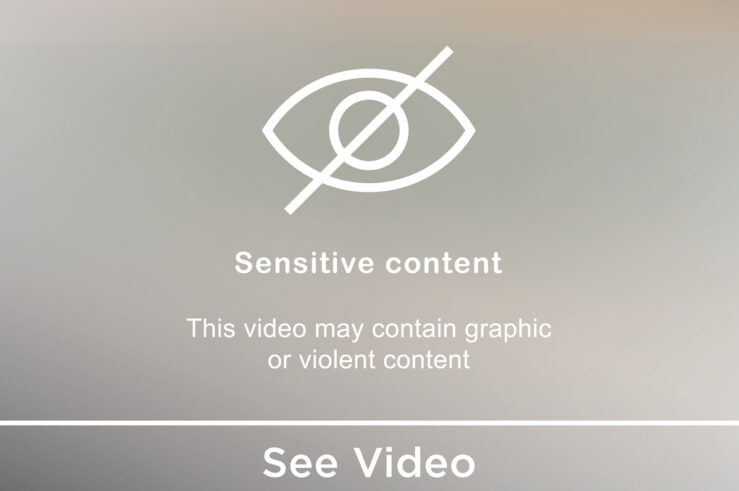The Senate should not reconfirm Jessica Rosenworcel to the Federal Communications Commission (FCC), in order to allow the Trump Administration to usher in needed reforms in the critical area of communications policy.
As documented by the Free State Foundation (FSF) and other supporters of free markets, the Obama Administration’s FCC has done a dismal job in overseeing communications regulation, both as a matter of law and economics (see, for example, the abuses documented in FSF publications). The FCC’s proposal to impose common carrier-like regulations on the Internet is just one example of what constitutes not merely flawed policy, but a failure to adhere to the rule of law, as I explain in an October 2016 Heritage Foundation Legal Memorandum (citations omitted):
[T]he rule of law involves “a system of binding rules” that have been adopted and applied by a valid government authority and that embody “clarity, predictability, and equal applicability.”
Practices employed by government agencies that undermine the rule of law ignore a fundamental duty that the government owes its citizens and thereby undermine America’s constitutional system. Federal courts, however, will not review a federal administrative action unless an actual litigated “case or controversy” is presented to them, and they generally are reluctant to invoke constitutional “first principles” to strike down federal agency initiatives. Judicial intervention is thus a poor check on an agency’s tendency to flout the rule of law—or merely give it lip service—by acting in an unpredictable and inequitable manner.
It follows, therefore, that close scrutiny of federal administrative agencies’ activities is particularly important in helping to achieve public accountability for an agency’s failure to honor the rule of law standard. Applying such scrutiny to the FCC reveals that it does a poor job of adhering to rule of law principles. Accordingly, specific legislative reforms to rectify that shortcoming warrant serious consideration by Congress. . . .
The FCC has fallen short in meeting rule of law standards, both in its procedural practices and in various substantive actions that it has taken. . . .
[FCC Procedural failures include] delays, lack of transparency, and inefficiencies in agency proceedings (including “voting on secret texts and delaying the publication of orders”; excessive cost burdens on regulated parties; outdated rules; and problems in agency interactions with the public. . . .
Substantive agency actions also undermine the rule of law if they fall outside the scope of the agency’s constitutional, statutory, or regulatory authority. By their nature, such actions indicate that an agency does not view itself as bound by the law and is unwilling to clarify how the government’s coercive powers will be applied. Significant FCC initiatives in recent years have involved such derogations from rule of law principles and have proved to be far more serious than mere procedural imperfections.
Specific FCC abuses of the rule of law, documented in my Heritage Legal Memorandum, include the imposition of arbitrary conditions on merging parties having nothing to do with the actual effects of a merger. They also involve regulatory initiatives that exceed the FCC’s statutory authority, such as (1) an attempt to repeal state municipal broadband regulation (struck down in court), (2) the “Open Internet Order” which seeks to regulate the Internet under the guise of “net neutrality,” (3) the unauthorized extension of FCC rules covering joint sales agreements by broadcast stations (struck down in court), and (4) the unauthorized regulation of video “set top box” equipment.
The FCC has also brought a variety of public enforcement actions against private parties that could not reasonably have known that they were violating a legal norm as defined by the FCC, thereby violating principles of clarity, predictability, and equal treatment in law enforcement.
Key FCC actions that flout the rule of law have been enacted by partisan three-to-two FCC votes, with the three Democratic Commissioners (Chairman Tom Wheeler, Mignon Clyburn, and Jessica Rosenworcel) voting in favor of such measures and the two Republican Commissioners (Ajit Pai and Michael O’Rielly) voting in opposition. Without Commissioner Rosenworcel’s votes, the FCC’s ability to undermine the rule of law in those instances would have been thwarted.
Commissioner Rosenworcel’s term expired in June 2015, but she remained on the Commission. In 2015 President Obama nominated her for a new five-year term as FCC Commissioner, and, as explained by the Senate Commerce Committee, “[s]he may remain in her current role as commissioner until December 31, 2016 while awaiting Senate confirmation for a second term.”
Rosenworcel’s remomination has not yet been taken up by the Senate, giving President-Elect Trump the opportunity to select a new Commissioner (and Chairman) who can steer the FCC in a market-oriented direction that respects the rule of law. On December 2nd, however, it was reported that “[Senate Minority Leader] Harry Reid and President Obama are circulating a petition to remove the hold on FCC Commissioner Jessica Rosenworcel so that she can be reconfirmed before Congress recesses next week.”
This is troublesome news. Confirmation of Rosenworcel would deny the new President the ability to reshape communications policy, with serious negative effects on Internet freedom and innovation in the economically vital communications sector. Senate Republicans should stand firm and deny confirmation to Ms. Rosenworcel, in order to ensure that the new President has the opportunity to reform the FCC.




